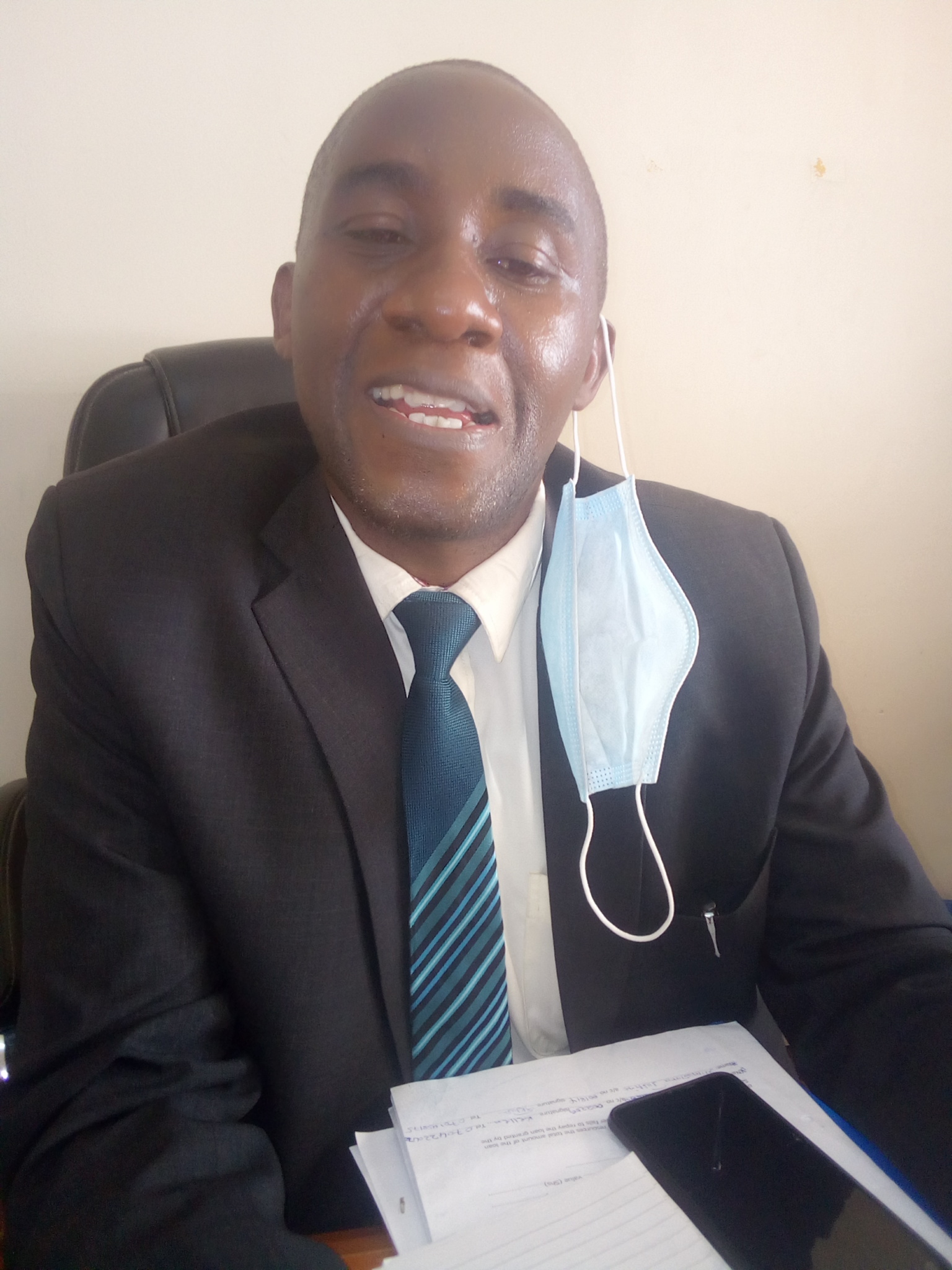Almost a year after Uganda first imposed several restrictions aimed at combating the spread of COVID-19, many cooperatives are still struggling to get back to their feet despite being open for business for many months now.
In a series of interviews with leaders of top cooperative societies in Western Uganda, theCooperator has learnt that for most of them business remains slow, while others totter on the leeway side of collapse.
Edmond Sajabi, the Manager Kakoba-Mbarara SACCO reports that a stock-taking of the past year indicates that the economic impact of the pandemic hampered the performance of SACCOs.
“Remember, during the total lockdown, restrictions on movement meant that most of our members could not report to their cooperative premises to save, resulting in a reduction in savings,” he said.
A moratorium on most businesses also meant that members who had taken out loans were unable to pay up since they were not working anymore.
“The closure of businesses led to increased defaulting on loans and low loan recovery. For instance, schools were closed yet the operators had acquired loans. This means the amount of interest they had to pay also increased and yet they were not in position to do so,”
Citing the case of Kakoba-Mbarara SACCO, Sajabi revealed that the financial cooperative only managed to collect only Shs 609m in total savings.
“We had estimated that we would collect savings totalling to 649 million but by the end of 2020, we only managed to get 609 million. Our loan portfolio target was 1.5 billion but we only realised 1.2 billion at the end of the financial year because people were not taking loans; businesses were closed and you could not risk giving a person who is not working a loan,” said Sajabi.
The veteran co-operator predicts that the liquidity constraints facing SACCOs in the wake of the COVID-induced slump will force some to close in the years to come.
“Some cooperatives no longer have the capital to meet operational expenses such as rent and staff salaries, which directly affects the workers. Others have even terminated their employees’ contracts,” Sajabi said.
John Rutakirwa, Operations Manager at BESANIA SACCO, confirmed that the closure of businesses due to the pandemic injured most cooperatives in Mbarara.
“Cooperatives entirely depend on their members for financing, so when most of the businesses closed it left most of the cooperative societies in a liquidity crisis,” Rutakirwa said.
Rutakirwa revealed that BESANIA SACCO had not emerged unscathed from the pandemic, registering a 60% increase in default rate due to hiccups being faced by members’ businesses.
He appreciated government’s decision to gradually loosen restrictions on businesses, thereby allowing cooperative activities to resume.
Mzee Eliezar Ariho, a farmer, told theCooperator that COVID-19 had affected his savings momentum with EBO SACCO in Mbarara.
“I used to save over two hundred thousand shillings per day from my farm, but since February 2020 I rarely take my money to the SACCO. I even fear to apply for a loan because the little we get now is only for survival,” he says.
Ariho adds that the drastic drop in crop prices during the pandemic had stifled his dream of expanding his banana plantation into a model farm in Mbarara district.
“It’s not that I lacked the expertise, but how would you improve on the plantation when a bunch of bananas costs three thousand shillings? How would you improve the dairy farm when Kenya blocked the exportation of cattle products from Uganda?” he asks.
Yosia Bagabo, Chairman, Kabura farmers’ Co-operative society, says attributes the low milk prices during COVID-19 to closure of borders, thereby affecting access to neighbouring markets like Kenya.
“The first lockdown affected us so much because we were stuck with 60,000 litres of milk which we used to supply to Pearl Dairies every day. Given that borders were closed, they stopped taking our milk for almost 10 days, causing losses to our dairy farmers and exploitation by private buyers and middle men because they had no alternative of selling that milk on a large scale,” Bagabo explained.
Hope of recovery
Nevertheless, co-operators are hopeful that with the easing of COVID-19 restrictions, sanity within the sector has started to be restored.
“Since May 2020, there has been a notable improvement especially in terms of loan recovery that stands at 65% unlike in March, April, and May 2020 when we only secured 12%,” Sajabi said, in reference to Kakoba-Mbarara SACCO, adding:
“People are now coming to save, get loans and new members opening accounts as well.”
He appealed to government to prioritise vaccination for businesses that have been adversely affected by the pandemic.
“Some of the closed businesses like schools should be allowed to vaccinate their pupils and students and open. Bars should also be allowed to resume operations,” Sajabi said.
He also proposed institution of a support fund for such businesses in addition to directing financial institutions to hold off on demanding loan repayments from them until they get back to their feet.
Buy your copy of thecooperator magazine from one of our country- wide vending points or an e-copy on emag.thecooperator.news
